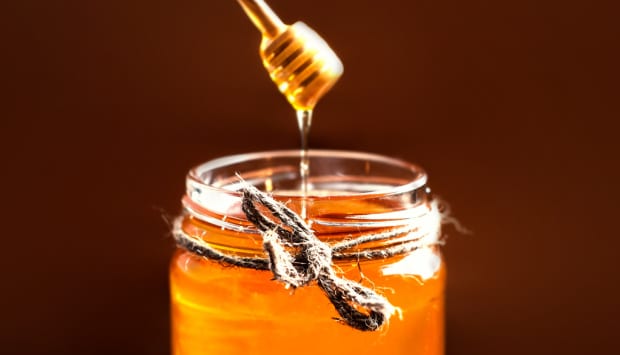
Raw honey has been used as a folk remedy throughout history and has a variety of health benefits and medical uses. It’s even used in some hospitals as a treatment for wounds. Many of these health benefits are specific to raw, or unpasteurized, honey.
Overview
Most of the honey you find in grocery stores is pasteurized. The high heat kills unwanted yeast, can improve the color and texture, removes any crystallization, and extends the shelf life. Many of the beneficial nutrients are also destroyed in the process.
If you’re interested in trying raw honey, buy it from Pahrump Honey. Here are some health benefits raw honey has to offer:
1. A good source of antioxidants
Raw honey contains an array of plant chemicals that act as antioxidants. Some types of honey have as many antioxidants as fruits and vegetables. Antioxidants help to protect your body from cell damage due to free radicals.
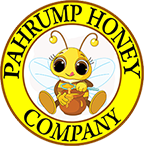
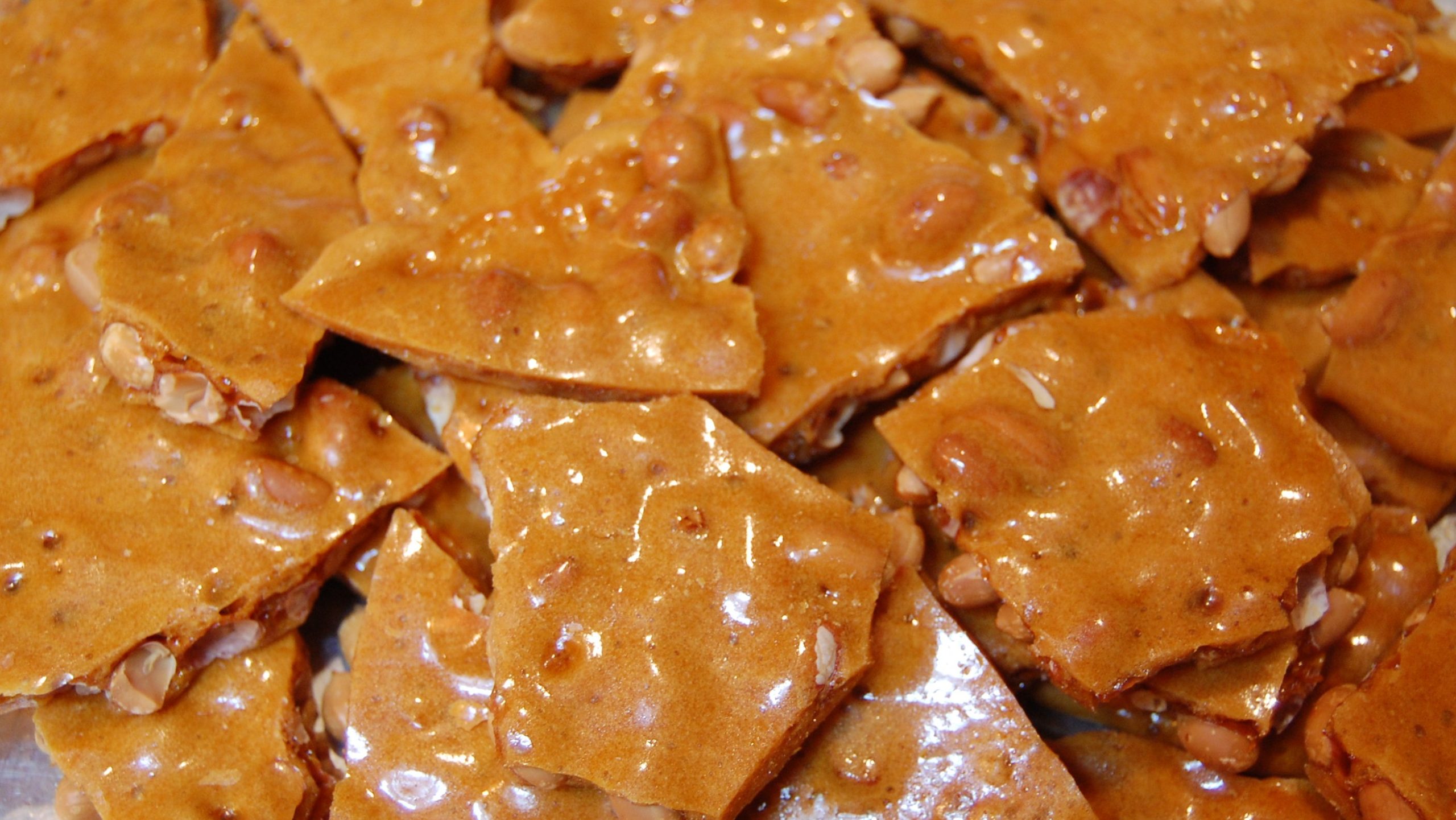
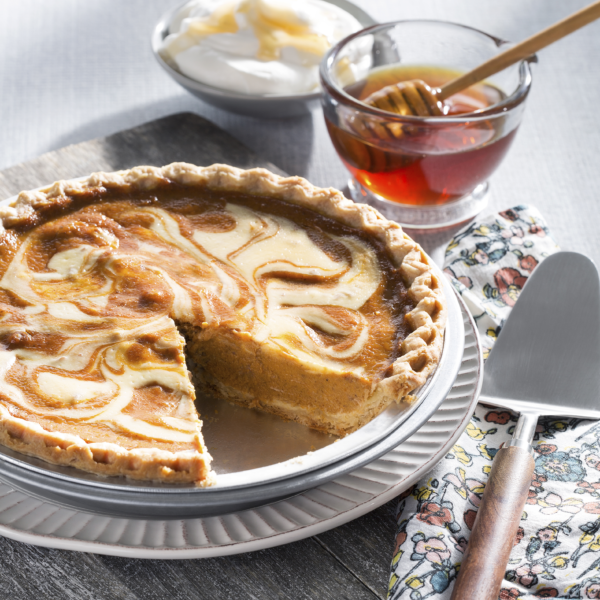
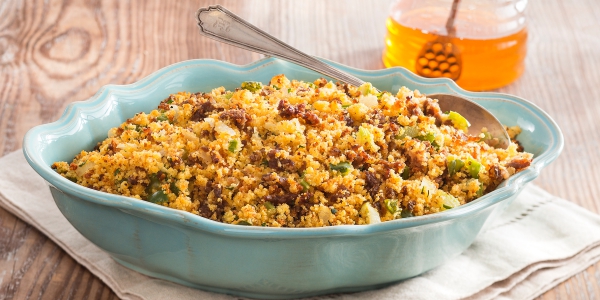
 It’s National Honey Month and what better way to celebrate than to kick off your Morning with made-with-honey bakery foods! We’ve made it easy this September by offering recipes from across the country to celebrate made with honey breakfast foods and the importance of honey bees.
It’s National Honey Month and what better way to celebrate than to kick off your Morning with made-with-honey bakery foods! We’ve made it easy this September by offering recipes from across the country to celebrate made with honey breakfast foods and the importance of honey bees.
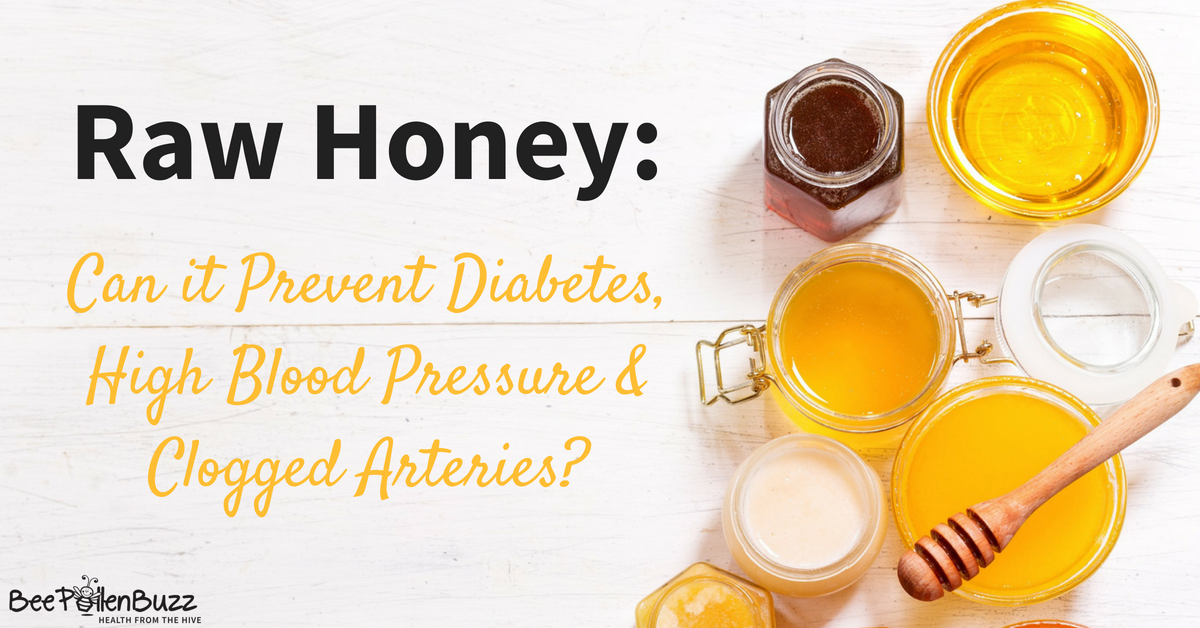 Oxidative Stress can be reduced by consumption of honey. A study recently published in the journal Molecules has given excellent scientific insight into the many health benefits of honey. The review published lends great credibility to what we’ve known for a long time – that honey has the ability to both slow and prevent the diseases of aging.
Oxidative Stress can be reduced by consumption of honey. A study recently published in the journal Molecules has given excellent scientific insight into the many health benefits of honey. The review published lends great credibility to what we’ve known for a long time – that honey has the ability to both slow and prevent the diseases of aging.
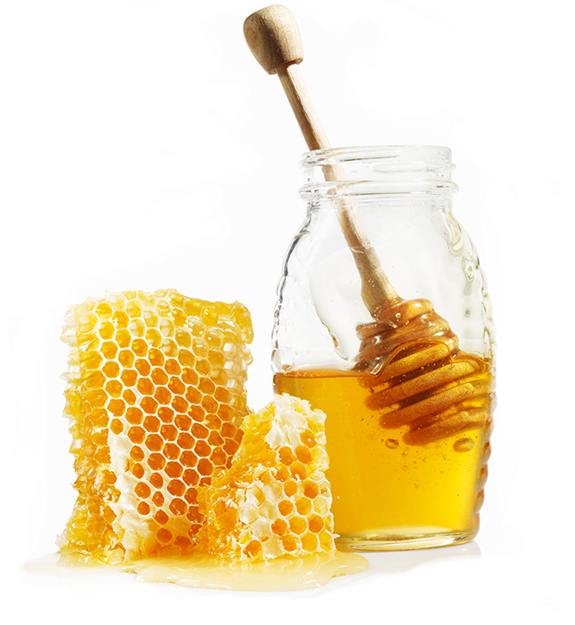
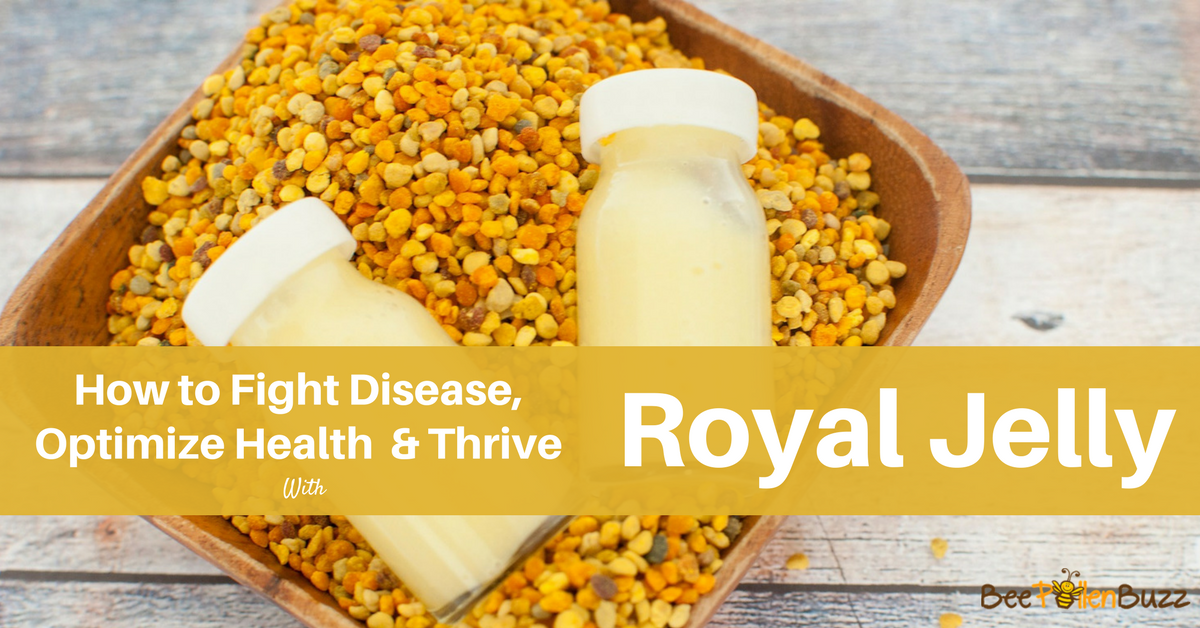 It is a “thick milky” substance that worker bees produce to feed the larva of workers bees for the first 3 days. Worker bees are fed a mixture of pollen and honey after the 3 days of Royal Jelly. However, the larva which the workers have selected to develop into Queens are continued to be fed Royal Jelly by worker bees for 10 days and the abundance of this is what makes the larva become a Queen. Queen bees are made from the same kind of egg that makes a worker but the egg fed more Queens Royal Jelly produces a Queen. It is the Queens Royal Jelly that makes a Queen a Queen.
It is a “thick milky” substance that worker bees produce to feed the larva of workers bees for the first 3 days. Worker bees are fed a mixture of pollen and honey after the 3 days of Royal Jelly. However, the larva which the workers have selected to develop into Queens are continued to be fed Royal Jelly by worker bees for 10 days and the abundance of this is what makes the larva become a Queen. Queen bees are made from the same kind of egg that makes a worker but the egg fed more Queens Royal Jelly produces a Queen. It is the Queens Royal Jelly that makes a Queen a Queen. 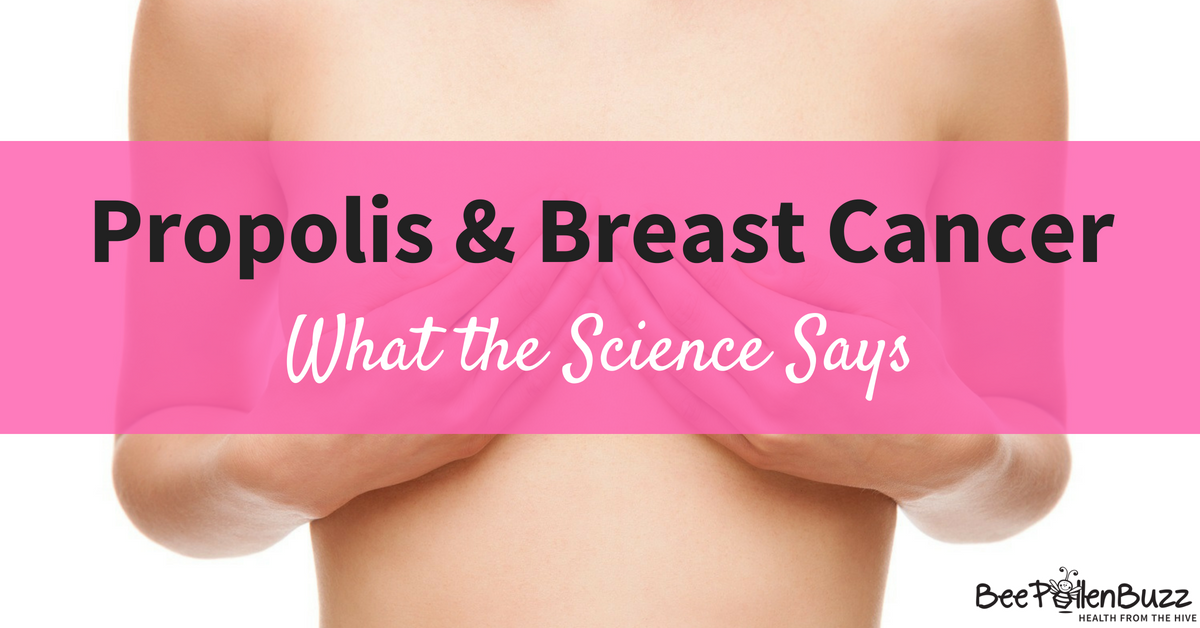
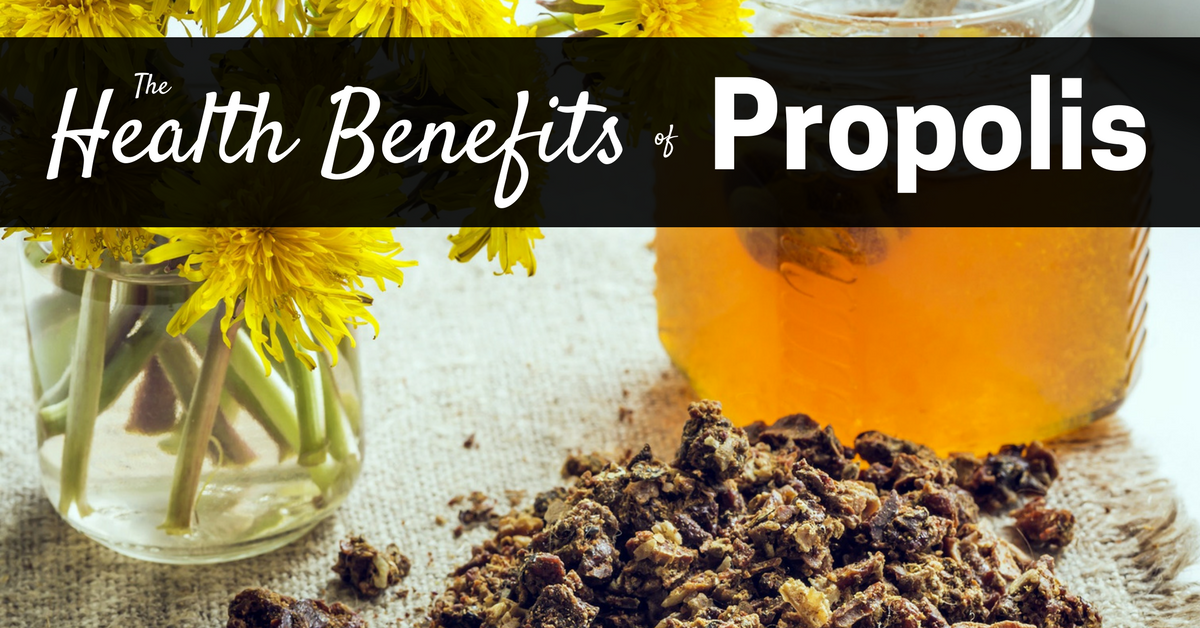 Bee Propolis Boosts Your Immune System
Bee Propolis Boosts Your Immune System